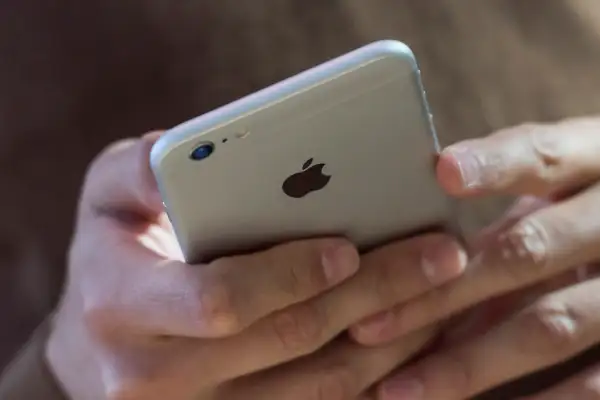Does Your Old iPhone Feel Slow? You're Not the Only One

If you don't have the new iPhone 6s, you might be noticing that your phone is a little slower than it used to be, and maybe your battery has a little less stamina. You might chalk it up to your phone getting older, this phenomenon has some interesting timing—directly after the new iPhone release—timing Google Trends shows recurs every time a new phone comes out.
Mapping out search trends following every iPhone release since the first model into a chart, the Germany-based online statistics firm Statista found some interesting spikes for the search term "iPhone slow":
While you might expect this to happen as new operating systems have new features that might tax old phone processors—Statista notes there could be a psychological component going on. Users who haven't upgraded feel they're behind the curve so their phones feel slow.
One interesting observation here is that the search volume has such sharp peaks, trailing off just a few weeks after a release, which adds credence to that psychological effect—people often waited until their phone's upgrade cycle to get a new phone so it's unlikely everyone searching simply got a new phone in the weeks after the release. However, when the next few months' numbers come in, there will be more data to support that point: With more people on month-to-month plans, cell phone buying isn't as tied to that two-year calendar as it used to be.